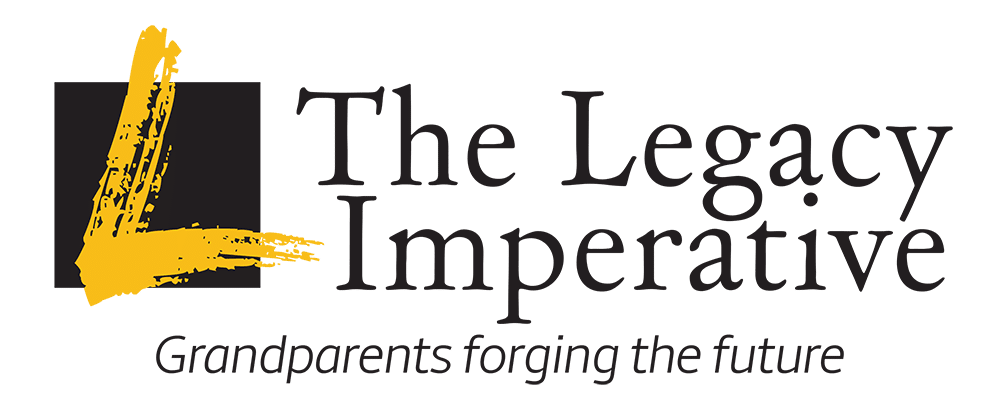The Danger of Info-Addiction
Media hysteria may be as lethal as coronavirus.
I was captivated by this headline in a recent Rolling Stone magazine article entitled, “Coronavirus is Wreaking Havoc On Our Mental Health.” It’s author, EJ Dickson, lives in New York City, the epicenter of the COVID 19 pandemic. She expresses her high anxiety in phrases like “impending apocalypse.” One expects to see The Pale Rider of Revelation 6:8 suddenly come galloping out of the pages of her article. Lots of folks these days feel like EJ Dickson.
Ms. Dickson is wonderfully transparent in sharing her “…obsessive-compulsive disorder…” She admits, “…for me, as is the case for many people with OCD, mine manifests itself in obsessive fears of myself or my family members getting sick, with a healthy dose of germaphobia thrown in for good measure.”
EJ goes on to confess that her anxiety disorder is fueled by “too much intense media coverage of the coronavirus pandemic.” The more she watches, the greater her anxiety. She quotes a Seattle woman who lamented, “I’ve been trying to stay optimistic, but it’s hard when the media is creating such hysteria.” According to the American Psychological Association, 40 million of us regularly suffer from anxiety or depression. If that’s so, info-addiction can be as dangerous as the virus itself. Maybe that’s why calls to suicide hotlines have skyrocketed by 300 percent and, according to a March 27, 2020 NPR report, alcoholism and opioid addiction has risen as a result of panic in this pandemic. So has domestic violence.
Yet, most of us are info-addicts, especially during times of crisis. And wall-to-wall media coverage feeds our habit. How about you? How much time are you spending watching news coverage? Is it calming your nerves or fueling your anxiety? Only you know. I’m not telling you to stick your head in the sand. You ought to keep informed enough to protect yourself, your family, and neighbors. But here’s some thoughts from a recovering info-addict:
Obsessive information gathering won’t make you more safe, calm, or sane. The wisest person who ever lived wrote, “For with much wisdom comes much sorrow; the more knowledge, the more grief.” [Ecclesiastes 1:18] Studies after 9-11 showed that those who obsessively watched news coverage during that crisis had more stress symptoms—and, for many, they lasted years afterwards.
Beware of misinformation, disinformation, and skewed information. So much of news today is really propaganda. Be particularly wary of media commentators [conservative and progressive], politicians from either party, and all others who spin events to advance their agendas. Especially watch out for those who use fear as a weapon to galvanize support and divide people. We are better served to listen to medical experts in daily briefings that to talking heads on CNN, Fox News, MSN, Drudge, Buzzfeed, or other media echo chambers.
Limit your consumption of television coverage and the time you spend scouring the Internet, Facebook posts, and other social media. Normally, about an hour a day of info-gathering is enough to keep you up to date. For the most part, the same news is recycled 24/7. Media outlets are like cocaine dealers, enticing info-addicts to stay hooked with false promises like “News Alert” or “Breaking News” every few minute. However, each momentary “fix” can have long-term consequences.
Spend more time focusing on the Good News than the bad. Try reading the many promises of the Scripture instead of listening to Sean Hannity, Anderson Cooper, or Joe Scarborough. Google to discover stories of courage, compassion, and generosity that show the best sides of people during this pandemic. Listen to praise music, and sing along with it. Spend time with your family praising God for his blessings. You can either obsess on the bad news or confess the good news that God is in control and wants to lavish you with grace, love, and protection. You may find these activities so satisfying that you might even kick the info-habit.
Binge on some good Netflix movies. I recommend some period pieces from BBC and Masterpiece Theater. I highly recommend Poldark, Bleak House, Great Expectations, and other uplifting series reminding us that people in past eras have triumphed over tougher times than ours. Catch up on your reading list. Play board games with the family. Use this season to Facetime or Skype with your children and grandchildren. You will never find a time when they are more available to you.
Finally, don’t wait until after this pandemic to kick the info-habit. Remember, this is just one of an unbroken chain of crises that will be hyped by pushers of the info drug. Already, the news media has begun to shift from coronavirus scare to horror stories about our economic future. After that, we will be back into a divisive election season full of captivating and divisive fear-mongering. Throw in hurricanes, forest fires, tornados, acts of terror, trade wars, and neverending finger pointing about who was at fault during our COVID 19 crisis—and there will be no end of media drugs to satisfy info-addiction. No doubt about: info-addicts are in for lots of heartburn and hysteria ahead! Please don’t allow yourself to be one of them.
Back to EJ Dickson and her Rolling Stone article. She made a life-changing decision to go cold turkey. As a recovering news junkie, I appreciate her willingness to be transparent and vulnerable. She’s right: Our propensity to panic in times of crisis, while obsessively watching news, makes for a volatile cocktail. So I’m going to join EJ. I hope you will too. The wasted time and emotional energy we save can be better used in sharing the promises of Scripture with our kids, grandkids, and anyone else who will listen to the Good News. The peace we exhibit will demonstrate the Presence and Power of Jesus to transform lives in the worst of times.
Dr. Bob Petterson
Legacy Imperative

